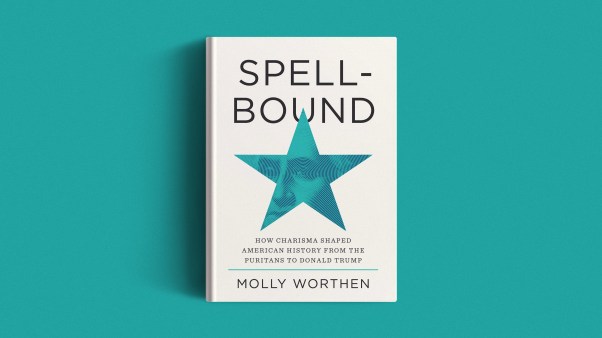Francis Bacon, known as the father of the scientific method, once wrote about the reading process: “Some books are to be tasted, others are to be swallowed, and some few to be chewed and digested.” Being a religious man, Bacon was probably hearkening back to times when the metaphor of eating a book shows up in Scripture. For example, the prophet Jeremiah offered these beautiful thoughts about ingesting God’s message: “When I discovered your words, I devoured them. They are my joy and my heart’s delight, for I bear your name, O Lord God of Heaven’s Armies” (Jeremiah 15:16).
Bibliophagy, a real word that is used to describe the metaphor of eating books, depicts an earthy engagement with the words we read that is almost palpable in its effect. Eugene Peterson (in Eat This Book) points out that often our approach to Scripture is to use it for our own purposes—knowledge or inspiration or direction. He exhorts us instead to “eat” it for God’s purposes—to metabolize it so that it changes us: “Christian reading is participatory reading, receiving the words in such a way that they become interior to our lives, the rhythms and images becoming practices of prayer, acts of obedience, ways of love.”
Tricia McCary Rhodes is the author of several books including The Wired Soul: Finding Spiritual Balance in a Hyperconnected Age. She is an adjunct professor of practical theology at Fuller Seminary. Taken from The Wired Soul copyright © 2016 by Tricia McCary Rhodes. Used by permission of NavPress. All rights reserved. Represented by Tyndale House Publishers, Inc.








